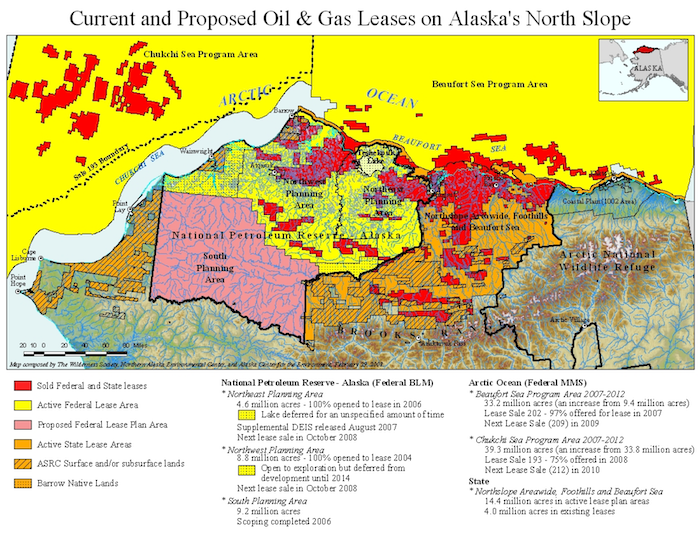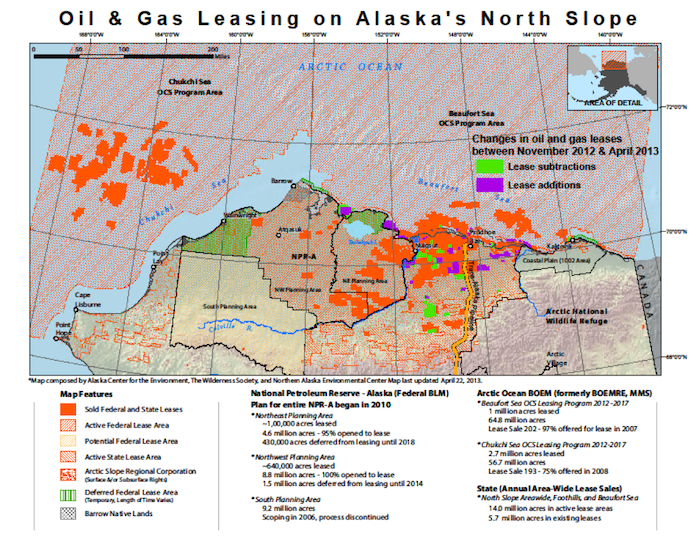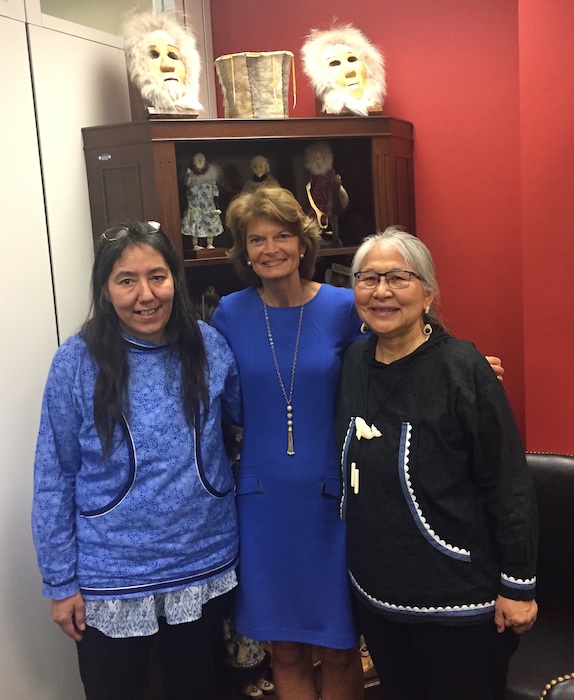By: Rosemary Ahtuangaruak, Community Health Aide, Nuiqsut, Alaska and 2018 Arctic Indigenous Scholar
(Editor's note: The Arctic Indigenous Scholar Program, led by ARCUS and the Inuit Circumpolar Council (ICC) Alaska, and supported by the NSF Division of Arctic Sciences, creates a space for Indigenous scholars to educate and inform policy- and decision-makers engaged in Arctic issues from the nation's capital, Washington, D.C.)
The Indigenous Scholars Program has opened doors to subjects and people important to the Arctic. We have the opportunity to connect with decision-makers affecting us. We have the chance to open discussions with agency and nonprofit organizations about work in our lands and waters — from plans to actions. We have the chance to speak across dividing lines of those who sit on both sides of the table. We have the chance to educate others on our issues and concerns.
We have the chance to connect to the process that led to decisions that affect our daily life and bring concerns about our life, health, safety, and the importance of tradition and culture.
We can speak to many issues and we can answer questions that affect decisions. The work from our lands and waters is very important to educate others. We have generations of knowledge passed down and we must stand up to have our priorities included and to stay in our projects.
Our stories have meanings and learning that cross cultural lines. We bring the concerns we live, feel, react to, and prepare to prevent.
The work brings the teaching of our elders into the process. We come from our villages to educate, communicate, and affect change.
The individuals of the Indigenous Scholars Program have worked to engage to be pre-cautious, to prevent, to protect, and to be protective. We understand us, our lands and waters, and our future.
I work to protect our lands and waters. I live in the National Petroleum Reserve Alaska facing the national energy policy. I became a community health aide and saw respiratory illness increasing amongst our people. I began asking questions and saw natural gas flares and noticed more people had trouble when we had twenty or more. We saw thyroid disorders, cardiac disease, obesity, and diabetes also rise.

The changes to our lands and waters effect our animals, how they use the lands and waters, and how they change. When change caused us to suffer hardships, we became more active.
(See: Alaska Wilderness League Statement, 12 March 2019 and Congress Seizes New Opportunity to Restore Arctic Refuge Protections, 1 May 2019)

Our village elders sent elder women to encourage me to talk about our traditions and culture. I travel to educate others and affect these decisions. I work to build support for our concerns and work to prevent the continued impacts to our life, health, and safety, and to protect the importance of tradition and culture.
About the Author
Dr. Rosemary Ahtuangaruak, (on the left in photo) is a community health aide from Nuiqsut, Alaska who has held a variety of local leadership positions and is an advocate of community rights in light of the oil development occurring in close proximity to her village. She speaks of dramatic health effects and impacts on subsistence activities that she has seen throughout her community, many of which correlate with emissions, pollution, and development. Located in the central North Slope of Alaska, Nuiqsut is close to the center of current development projects, including Alpine and Greater Moose's Tooth 1 and 2.

